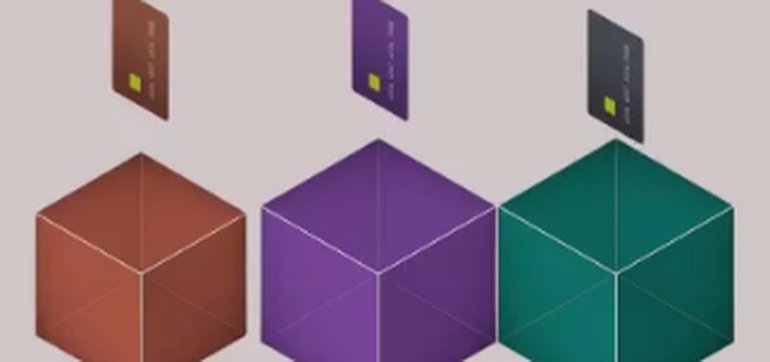
Dive Brief:
- Blockchain holds huge potential in healthcare from increasing work efficiencies to secure data sharing, interoperability and improved patient outcomes, but few use cases have been proven and challenges remain, according to a new CB Insights report.
- The paper looks at stakeholder interest, scalability issues and necessary safeguards to see where blockchain will likely be integrated into healthcare in the short term, medium term and further down the road.
- Possible near-term applications include simplifying back office operations and improving supply chain traceability. More longer-term projects involving blockchain might revolutionize how healthcare data is accessed and owned, CB Insights says.
Dive Insight:
Despite all the hype, blockchain is still in the nascent stages in healthcare. What sets it apart from other technologies is its human-centered focus, which involves building large-scale open networks and incentivizing people to join them. But willing users can be hard to find, and most of the current use cases don’t involve clinical work.
“It is extremely early in the development cycle of this technology,” Noah Zimmerman, director of Mount Sinai’s new Center for Biomedical Blockchain Research, recently told Healthcare Dive. “We’re really building the infrastructure and plumbing … in the same way that the protocols for the internet lay the groundwork for what would later become possible.”
Still, companies are lining up to capitalize on the trend. Last month, Blackberry announced it is looking to leverage its new Spark “enterprise of things” platform to power a blockchain ledger to securely store and share medical data. Change Healthcare has made its blockchain-powered Intelligent Healthcare Network available on Amazon Web Services to help hospitals and insurers track claims submissions in real time. And Walmart won a U.S. patent for a system that stores a person’s medical information in a blockchain database and allows first responders to retrieve it in an emergency.
And interest in the tech is growing in the healthcare industry. According to a 2017 Black Book Market Research survey, nearly 20% of hospital leaders and 76% of health insurance executives are either thinking of deploying some form of blockchain or are already using it.
Most of the early applications involve closed consortia and back office operations that don’t deal with patient information, CB Insights says. Projects such as the UnitedHealthcare, Optum, Quest Diagnostics, Humana and Multiplan pilot to keep provider directories up to date using blockchain can reduce duplication, time and resources.
Another company, Hashed Health, is developing a credential verification system for doctors to confirm they are licensed to practice in certain states and facilities. It’s also working with other companies to facilitate recalls and anti-counterfeit efforts in the pharmaceutical supply chain.
Other short-term applications include zero-knowledge proofs to ensure only drug and medical device makers can assign serial numbers and unique identifiers to products, and connecting to RFID tags and temperature logging mechanisms to control environmental needs, according to the report.
Medium-term applications include claims management, payment and prior authorization, improving informed consent and design of clinical trials and enhancing exchange of de-identified data for research use and heath information exchanges.
Longer-term, decentralized patient health record systems could lead to better data capture and give patients more control of their personal health information. Blockchains could also reduce data breaches by creating audit trails showing who accessed data and when, the report says.
Still, there are challenges to realizing blockchain’s potential in the industry. Stakeholder concerns about data privacy have made some people reluctant to give it a try, and the EU’s new data privacy law could dampen opportunities in Europe, according to the report. Progress is also fragmented by the lack of industrywide standards for the technology, though that may change as more organizations move to faster healthcare interoperability resources, known as FHIR.
Scalability is also a challenge. Companies and providers need to find ways to combine data recorded on a blockchain ledger, such as transactions and emergency data, with off-ledger actions, according to the report.
